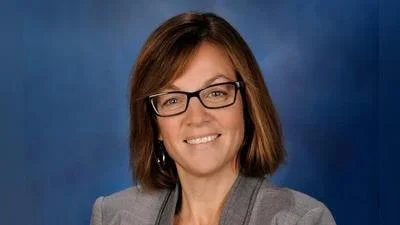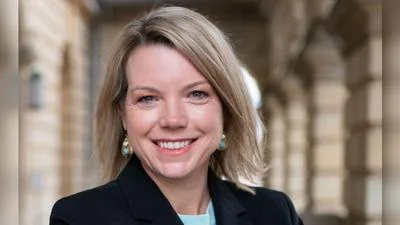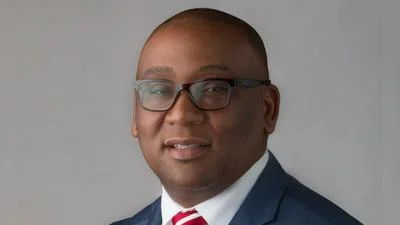Mike Babcock, the Republican candidate for the District 111 state House race, took to social media to challenge his opponent, state Rep. Daniel Beiser (D-Alton), on term limits.
Babcock signed the term-limits pledge more than a month ago, but silence is the only answer he received from Beiser.
"It's been 30 days since I signed the pledge to support term limits on politicians," Babcock said. "It's also been 30 days since my opponent has failed to answer this call to action. Why won't he sign the pledge?"

| Contributed photo
Term limits are supported by 80 percent of Illinois voters. If passed and implemented, Illinois would join the 15 other states that have imposed term limits on their legislators.
Voters attempted to limit legislators' time in Springfield in 1994. The referendum to limit lawmakers to eight years of service was challenged in court, and the Illinois Supreme Court ruled that the voter initiative was unconstitutional, which kept it off the ballot.
Fast forward to 2014, when voters again tried to impose term limits on legislators. The petition collected nearly double the number of signatures required by law. The proposed amendment faced a legal challenge by attorney Michael Kasper, the legal counsel for the Illinois Democratic Party, headed by House Speaker Mike Madigan (D-Chicago). Although the new initiative sought to make structural and procedural changes, as well as impose term limits, per the previous higher court ruling, it was also deemed unconstitutional.
Efforts to implement term limits also were presented by legislators in 2011 and 2013. State Rep. Joe Sosnowski (R-Rockford) presented a proposal to limit legislators to a 20-year combined total in the Senate and House in 2011. His proposal had no co-sponsors.
Two term limit proposals were presented in 2013. State Reps. Anthony DeLuca (D-Chicago Heights) and David McSweeney (R-Barrington Hills) submitted a proposal to limit legislators to a combined 18 years in the General Assembly. State Sens. Ron Sandack (R-Downers Grove), Darin LaHood (R-Peoria) and Kyle McCarter (R-Lebanon) proposed a 10-year combined limit in the legislature. Both proposals failed to garner support from the lawmakers' colleagues.
The failure of the voter-initiated constitutional amendments and legislative proposals could be blamed on the long-term legislators who would see the end of their political careers. Madigan first took office in the Illinois House in 1971. He became Speaker of the House in 1983 and -- except for 1995-1997 -- has held that office since. His counterpart, Senate President John Cullerton (D-Chicago), served in the House from 1979 to 1991, when he was appointed to the Senate. He became Senate president in 2009.
Term limits would mean losing control of the General Assembly as new lawmakers would be elected into office. The ability of a few legislators, such as Madigan and Cullerton, to control the budget and laws would be eroded until the long-term lawmakers reached the end of their terms and new legislators took their seats.
Babcock and other candidates plan to pursue term-limits legislation in a bipartisan effort if elected in the general election on Nov. 8. Many candidates and some incumbents already have signed pledges to voluntarily limit their time in the legislature.
"Let's work together to fix Illinois' broken political system," Babcock said in September. "Out with old and in with the new."
If term limits legislation is successful in the General Assembly, voters could see it on the ballot as early as November 2018.
"It's time to rid our system of corrupt politicians," Babcock said. "It's been 12 years that our community has had to suffer because of my opponent's loyalty to Mike Madigan. You deserve someone who will represent you faithfully."





 Alerts Sign-up
Alerts Sign-up